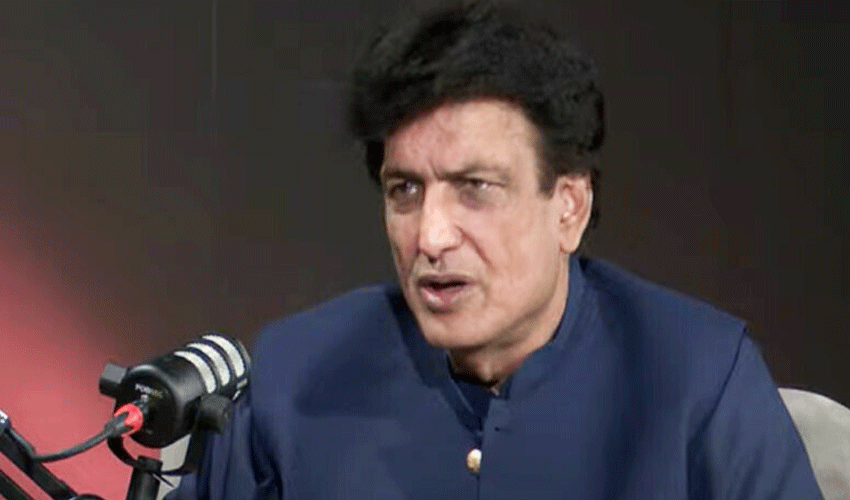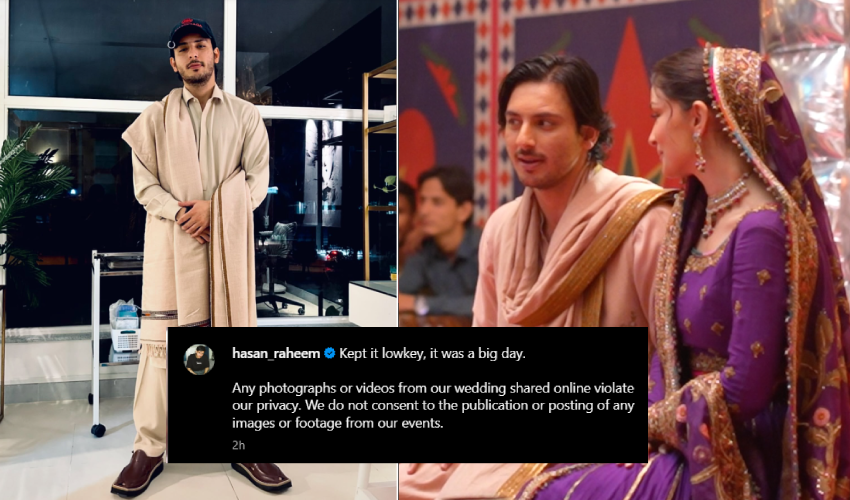Pop superstar Taylor Swift has become the latest target of a disturbing trend: AI-generated images depicting her in explicit situations.
These fabricated photos, circulating widely online despite social media platform takedowns, have triggered alarm bells at the White House, prompting calls for legislative action. However, the Cruel Summer singer has not yet responded to the situation.
White House spokesperson Karine Jean-Pierre expressed deep concern, calling the situation highly "alarming". She urged Congress to step in and craft laws to address the growing issue of AI-generated explicit content made using advanced technology.
She said, "We are alarmed by the reports of the…circulation of images that you just laid out - of false images to be more exact, and it is alarming.”
While acknowledging social media companies' autonomy in content management, Jean-Pierre stressed their responsibility to enforce existing rules and prevent such harmful incidents.
“While social media companies make their own independent decisions about content management, we believe they have an important role to play in enforcing their own rules to prevent the spread of misinformation, and non-consensual, intimate imagery of real people.”
Highlighting the disproportionate impact on women and girls, Jean-Pierre emphasized the need for stricter regulations. She outlined several government initiatives already underway, including a task force dedicated to online harassment and a first-of-its-kind 24/7 helpline for image-based sexual abuse survivors.
Swift's case, involving her posing inappropriately during a Kansas City Chiefs game in fabricated images, exemplifies the privacy concerns surrounding AI-generated content. These images, created through text prompts, can be produced without consent, leaving victims vulnerable to online abuse and potentially damaging their personal and professional lives.
The White House's response marks a significant step towards addressing the dangers of AI-generated explicit content. Swift's case, unfortunately, is not an isolated one, and legislative action combined with platform accountability is crucial to curb this harmful trend and protect individuals from such online exploitation.



























